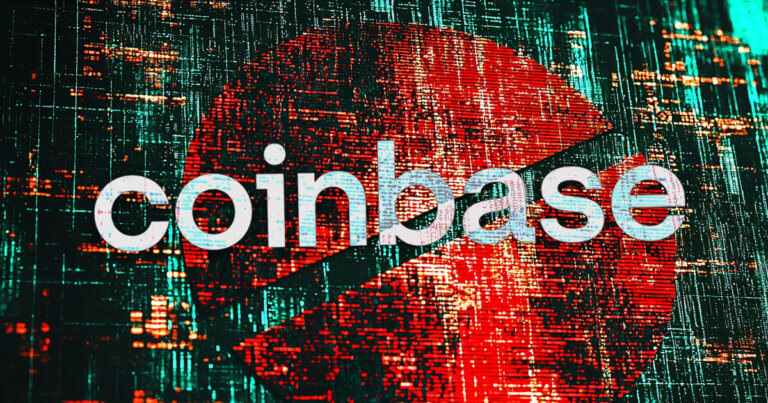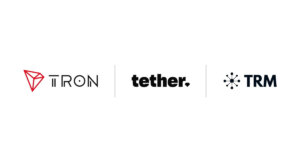 Coinbase faces backlash over discouraging VPN access due to security concerns
Coinbase faces backlash over discouraging VPN access due to security concerns Coinbase faces backlash over discouraging VPN access due to security concerns
Tension mounts as Coinbase's VPN policy evokes comparisons to debanking efforts.

Cover art/illustration via CryptoSlate. Image includes combined content which may include AI-generated content.
Coinbase, the largest US-based exchange, has faced criticism from the crypto community after reports surfaced about its restriction of users accessing accounts through Virtual Private Networks (VPNs).
On Dec. 2, Scott Shapiro, a product designer at Coinbase, warned users to avoid using VPNs when accessing their accounts. He explained that Coinbase’s risk model treats VPN usage as a red flag, typically associated with malicious activity, even if the user is legitimate.
He stated:
“Attackers always use VPNs, so our risk models take that as a negative sign even if you’re legitimately using your own account.”
A VPN is an online tool that encrypts data and hides IP addresses to enhance privacy and security. By creating a secure connection between a device and a remote server, VPNs make data unreadable to anyone lacking the encryption key.
Reports show that Americans’ VPN use has surged in popularity, with 95% of adults familiar with the technology and 46% actively using VPNs. This equates to around 105 million people relying on VPNs for online activities.
Community reaction
The crypto community has strongly criticized Coinbase’s stance, with many comparing it to recent efforts to debank individuals in the US. Some users argue that a VPN is a fundamental right to privacy and that restricting it may push them to leave the exchange.
Kraken’s Chief Security Officer Nick Percoco argued that Coinbase’s action forced users to choose between financial freedom and personal safety. He pointed out that VPNs are crucial security tools for crypto users in certain regions.
He added:
“Crypto users are some of the most privacy and security minded users on the planet. There are also places on the planet where is it physically dangerous to access a crypto exchange without a VPN masking their destination from the local ISP.”
Security expert Sudo also criticized Coinbase’s position, calling the decision “misguided.” He stressed that a VPN is a protective shield, especially when using public Wi-Fi or avoiding government and ISP surveillance.
He also pointed out the hypocrisy in Coinbase’s action, noting that the firm recently celebrated a legal victory overturning sanctions on privacy tool Tornado Cash yet now deems VPN usage a problem.
However, crypto expert Evan Van Ness defended Coinbase’s approach, describing it as standard anti-fraud measures.
He pointed out that fraudsters are the primary users of VPNs, and even those who rely on VPNs for legitimate reasons understand they may need to disable them for specific actions.
Van Ness added:
“Could Coinbase do better? Probably and perhaps the backlash will spur them to [address] their customer service could be better by all accounts But fundamentally this is a tradeoff that everyone makes and a very reasonable one.”



 CryptoQuant
CryptoQuant 































































































